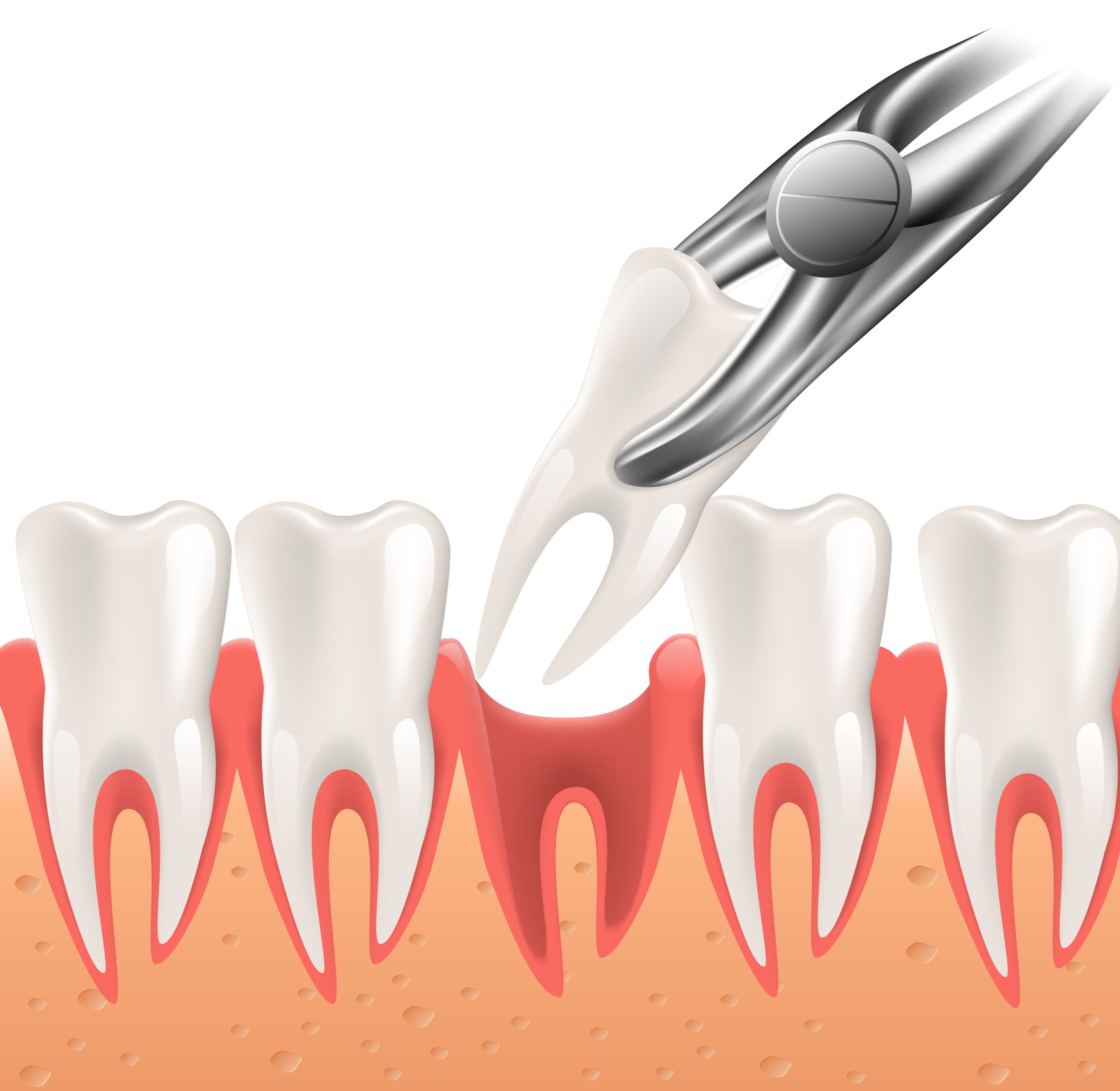
Essential Tips for Tooth Extraction Aftercare
Understanding Tooth Extraction
Tooth extraction is a common dental procedure performed for various reasons, including severe decay, infection, overcrowding, or trauma. While the extraction itself may be relatively quick and straightforward, proper aftercare is essential to ensure a smooth and speedy recovery process.
Immediate Post-Extraction Care
Immediately after the tooth extraction procedure, it’s crucial to follow your dentist’s instructions carefully. You’ll likely be instructed to bite down on a gauze pad placed over the extraction site to help control bleeding. Applying an ice pack to the outside of your cheek can also help reduce swelling and discomfort.
Managing Pain and Discomfort
Pain and discomfort are common after tooth extraction, but there are several strategies you can use to manage them effectively. Your dentist may prescribe pain medication or recommend over-the-counter pain relievers such as ibuprofen. Additionally, avoiding hot, spicy, or hard foods and sticking to soft, cool foods can help minimize discomfort.
Bleeding Control
Some bleeding is normal after tooth extraction, but excessive bleeding can indicate a problem. To control bleeding, continue biting down on the gauze pad provided by your dentist for the recommended amount of time. If bleeding persists, gently biting on a moistened tea bag can help promote clotting. Avoid vigorous rinsing or spitting, as this can dislodge the blood clot and prolong bleeding.
Protecting the Extraction Site
Protecting the extraction site is crucial for proper healing. Avoid touching the area with your tongue or fingers and refrain from drinking through a straw, as this can dislodge the blood clot and delay healing. Stick to soft foods and avoid chewing on the side of the extraction site to prevent irritation or injury.
Maintaining Oral Hygiene
While it’s essential to avoid disturbing the extraction site, maintaining good oral hygiene is still important. Continue brushing and flossing your teeth as usual, being careful to avoid the extraction site. Your dentist may also recommend rinsing with a saltwater solution to help keep the area clean and promote healing.
Avoiding Certain Activities
In the days following tooth extraction, it’s best to avoid certain activities that can interfere with healing. Avoid smoking, as it can slow down the healing process and increase the risk of complications. Steer clear of strenuous physical activities or heavy lifting, as these can increase blood pressure and lead to bleeding or discomfort.
Monitoring for Complications
While complications after tooth extraction are rare, it’s essential to be vigilant for signs of infection or other issues. If you experience severe or worsening pain, swelling, or bleeding, contact your dentist immediately. Similarly, if you develop a fever or notice a foul odor or taste in your mouth, seek prompt dental care.
Follow-Up Care
Be sure to follow up with your dentist as scheduled for a post-extraction check-up. During this visit, your dentist will evaluate the healing progress, remove any sutures if necessary, and address any concerns or questions you may have. This follow-up appointment is an essential step in ensuring that your recovery is progressing as it should.
Patience and Rest
Finally, be patient with the recovery process and give your body the rest it needs to heal properly. Avoid strenuous activities and get plenty of rest in the days following the extraction. Remember that everyone’s healing process is different, so don’t be alarmed if it takes some time to feel completely back to normal.
Taking Care of Your Smile
By following these essential tips for tooth extraction aftercare, you can help ensure a smooth and successful recovery process. Remember to follow your dentist’s instructions carefully, practice good oral hygiene, and be vigilant for any signs of complications. With proper care and attention, you’ll be back to enjoying a healthy, happy smile in no time. Read more about tooth extraction care
